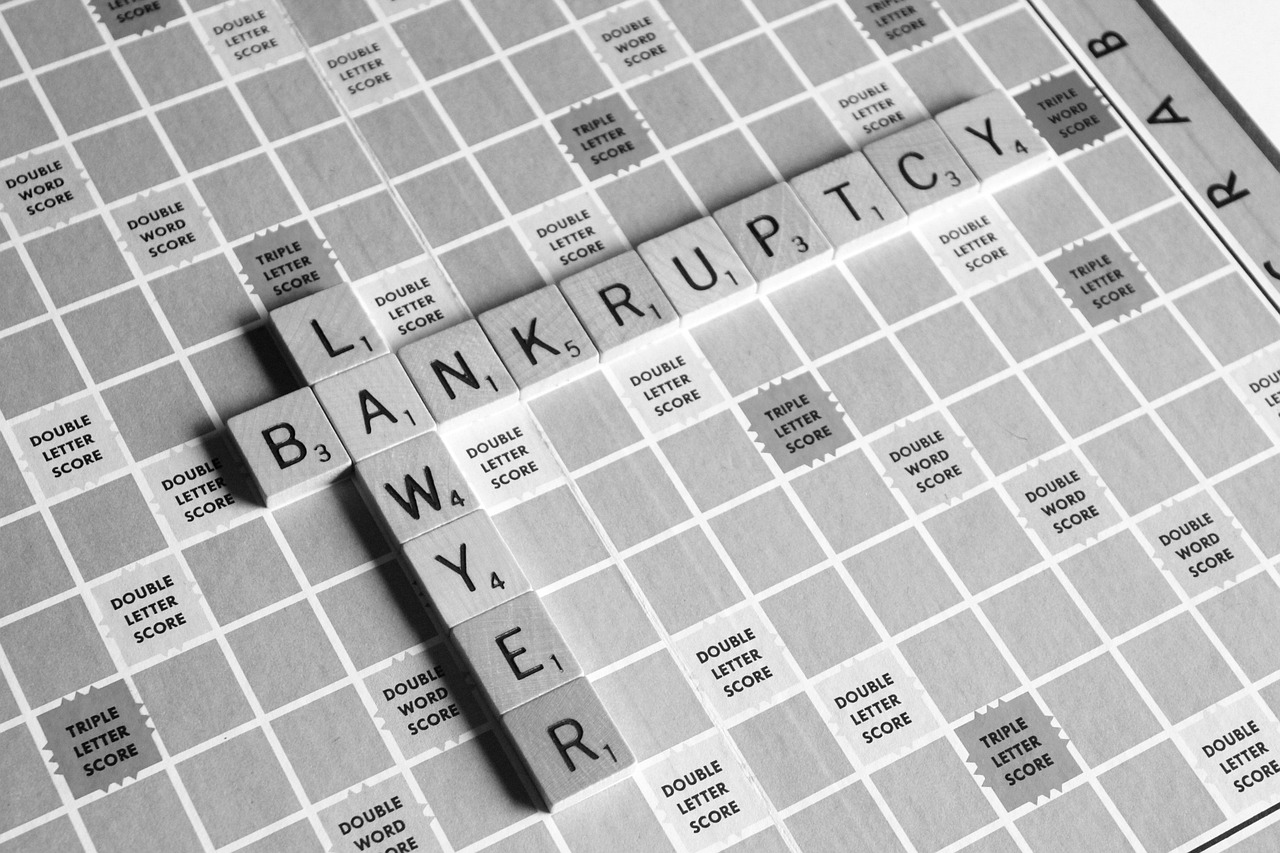Parties to a transaction or a contract commonly act without executing a formal written document. The practice, generally, is based on trust or a positive long-term relationship between the parties or a habit or local custom. People may know that an unwritten agreement is weaker than a written agreement executed by all the parties. But they may think that it is inconvenient to create and sign a written contract, especially if there is a good relationship among the parties or if there have been prior successful informal transactions. However, caution is warranted. A dispute may easily arise with no clear evidence to resolve it.
An unwritten agreement is convenient.
People sometimes reason that an unwritten agreement is advantageous–it is simple, there is trust among the parties, and it is believed that creating a written agreement will take too much time. When the parties’ relationship is good, they may also reason that it would be embarrassing to insist on a written agreement. Even so, they should realize that there is no easy recourse in the case of a failed verbal agreement.
Is an unwritten agreement valid?
There are some specific transactions where the law requires a written contract, but, generally, unwritten agreements are permitted as a matter of freedom of contract. This allows the parties to easily determine the form of agreement. Both the Civil Code and the Commercial Law allow and recognize that contracts can be expressed verbally, in writing, or can be formed by specific acts. Under the Civil Code, the key element to constitute a civil contract is “an agreement between parties to establish, change or terminate civil rights and obligations”. Once there is an agreement by the parties–written or verbal–the agreement’s validity is recognized.
An unwritten agreement can be reflected in either of the following forms:
- Oral: A verbal agreement is concluded by the parties. That is, there is no written document. By way of a simple example, the seller may deliver his bicycle to the buyer, and say, “pay me VND 10 million next month”. If the buyer says that he agrees to pay the seller the price and takes possession of the bicycle, it is considered that a verbal agreement has been made.
- Specific acts: An agreement can be concluded by a specific act. That is, both parties establish rights and obligations through actual actions instead of by a verbal or written agreement. For example, when a customer picks up goods at a convenience store, he thereby agrees to pay for these goods at the indicated price at the check-out counter. The acts taken together, constitute an unwritten contract between the customer and the convenience store.
Once concluded by the parties, and as long as it is not contrary to the law, an unwritten agreement is as valid as it would have been had it been written. That is, the validity of an agreement cannot be challenged just because it was concluded verbally or by specific acts.
Why is an unwritten agreement risky?
The value of unwritten agreement is generally considered to be weak. There is no certainty, even if there are witnesses. It is difficult to prove its existence. There can be disagreement by the parties and the witnesses on what was actually agreed. The recollection of witnesses can be inaccurate and they may not agree with each other. A promise can be easily denied by the party who makes the promise. Even if the existence of a promise can be proved, the terms and conditions concluded by the parties can be disputed if there was no written record.
How to ensure the validity of an unwritten agreement?
Despite their uncertainty, verbal agreements are frequently used, especially in transactions between individuals, friends or small business entities. In reality, it can often be difficult to prove what was agreed by the parties. Even so, the parties can sometimes establish that there was a mutual agreement. For example, it can be shown, say, that one party offered a service or offered a product for sale to the other, and the other party confirmed his acceptance of the offer. These can be recorded by an exchange of letters or a signed memo or a simple writing on what has been agreed. That is, both parties acknowledge the agreement.
In addition, during the course of performance, it is recommended to maintain a record related to the transaction, ie, payment slips, receipts, invoices, etc. Video recordings can be made, exchange of emails, etc. This can help ensure that there is evidence to support the transaction, the terms and obligations in case a dispute arises. The party creating the record should share the record with the other party, invite comment, etc. In some cases, such documents can be initiated or signed by both parties.
Conclusion
Unwritten agreements are recognized under Vietnamese law. They are valid as long as they do not violate the law. There are advantages and disadvantages of using unwritten agreements. Convenience, of course, is one of them. But the disadvantages can outweigh the advantages. Unwritten agreements’ lack of clarity carries the danger of disagreement. Written contracts are more likely to contain clear terms and eliminate the inherent risks of an unwritten agreement.
The nature and complexity of the transaction can be a guide. For low-risk transactions, ie, a short-term transaction with small value, a unwritten agreement might suffice. However, if there is no compelling reason against doing so, a written contract or a signed memo is clearly preferable.






